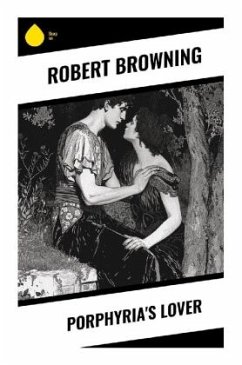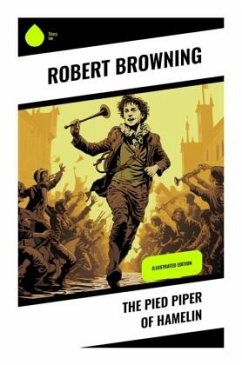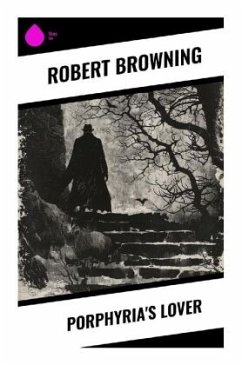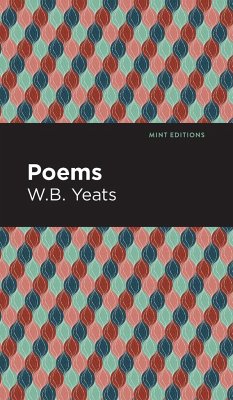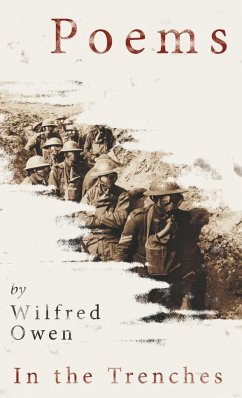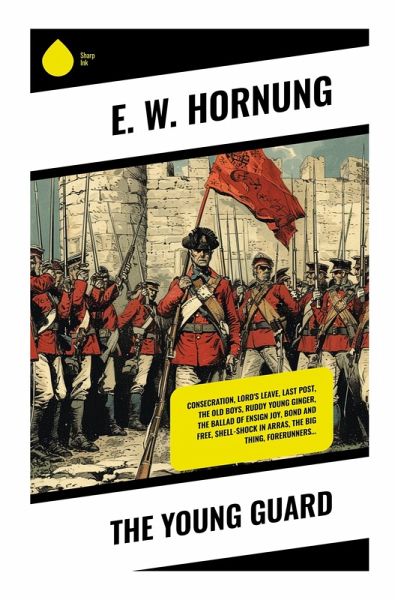
The Young Guard
Consecration, Lord's Leave, Last Post, The Old Boys, Ruddy Young Ginger, The Ballad of Ensign Joy, Bond and Free, Shell-Shock in Arras, The Big Thing, Forerunners...
Versandkostenfrei!
Versandfertig in 6-10 Tagen
10,90 €
inkl. MwSt.
Weitere Ausgaben:

PAYBACK Punkte
0 °P sammeln!
In "The Young Guard," E. W. Hornung weaves a compelling narrative that blends elements of adventure, camaraderie, and character development against the backdrop of Edwardian England. The story revolves around a group of young men who band together to form a vigilante group, tackling themes of loyalty, justice, and the moral complexities of their exploits. Hornung's literary style is marked by vivid descriptions and a keen psychological insight into his characters, often reflecting the societal issues of his time, including class struggles and the nature of heroism within a rapidly changing wor...
In "The Young Guard," E. W. Hornung weaves a compelling narrative that blends elements of adventure, camaraderie, and character development against the backdrop of Edwardian England. The story revolves around a group of young men who band together to form a vigilante group, tackling themes of loyalty, justice, and the moral complexities of their exploits. Hornung's literary style is marked by vivid descriptions and a keen psychological insight into his characters, often reflecting the societal issues of his time, including class struggles and the nature of heroism within a rapidly changing world. E. W. Hornung, best known for creating the character A. J. Raffles, a gentleman thief, was greatly influenced by his experiences and the societal norms of late Victorian and early Edwardian society. His writing encapsulates a fascination with youthful idealism and rebellion, themes that resonate throughout "The Young Guard." Hornung's career, dotted with explorations of morality and societal expectations, culminates in this thoughtful exploration of youthful audacity and the consequences it entails. "The Young Guard" is a must-read for those interested in early 20th-century literature, offering a nuanced perspective on the ideals of youth and teamwork. Readers will find themselves engrossed in a tale that skillfully balances action and reflection, making it a timeless story that continues to resonate with modern audiences. Explore the complexities of morality and camaraderie through Hornung's expertly crafted prose.




